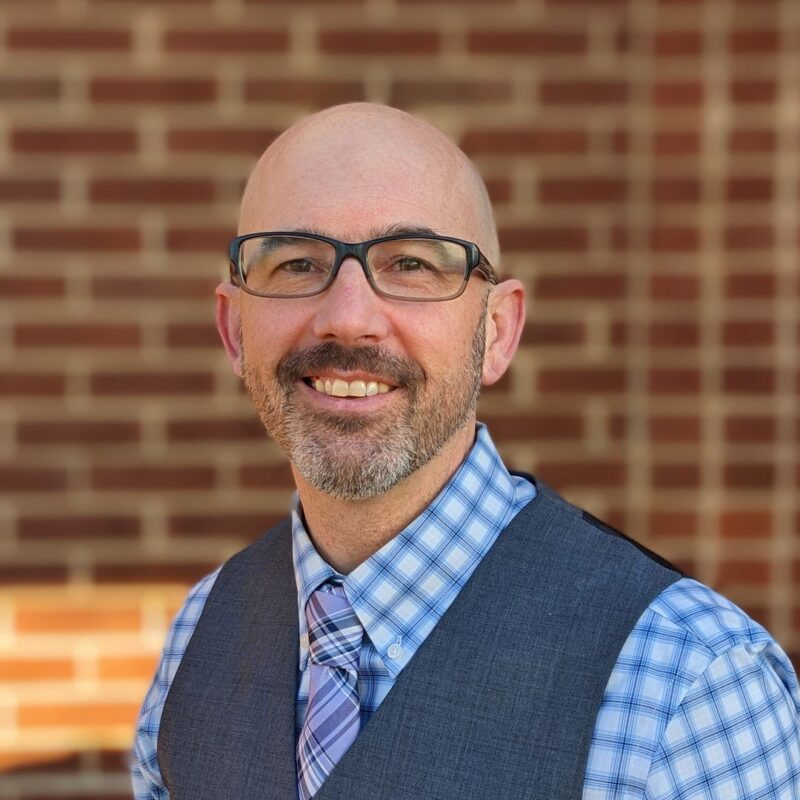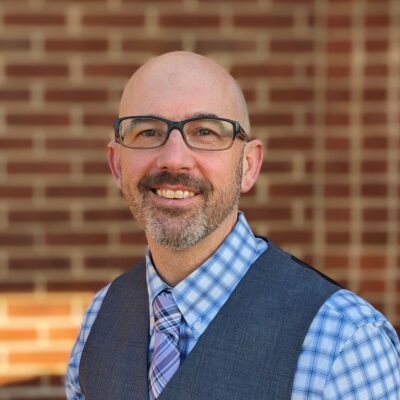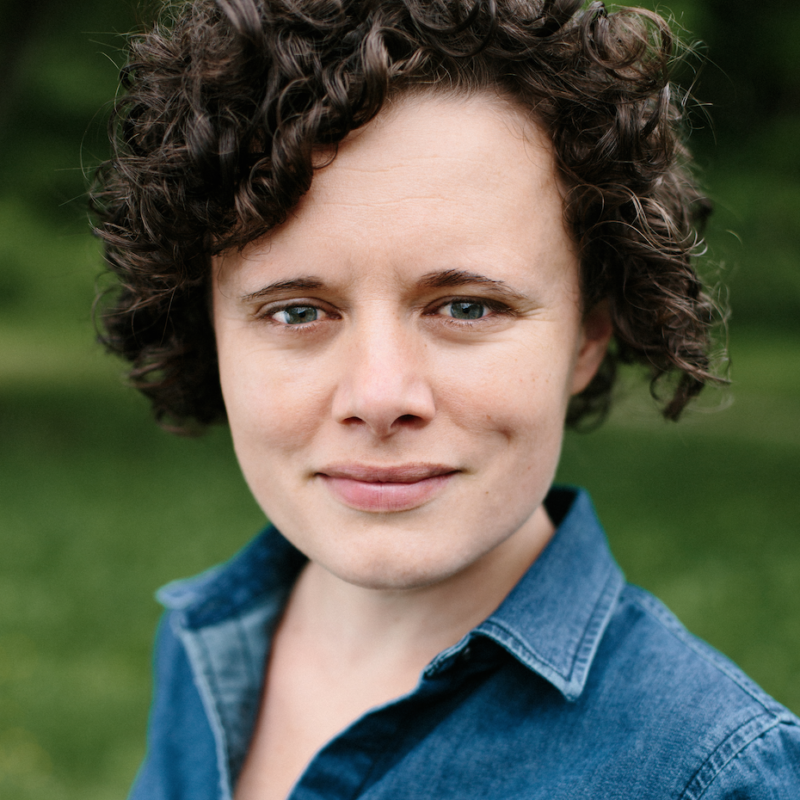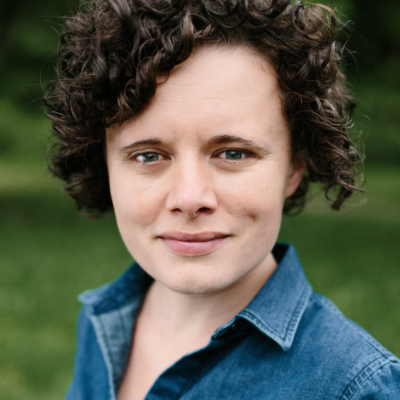Late last year, the City of Charlottesville tasked Assistant City Manager Maurice Jones with finding an effective method to address race relations in the area. G. Whiting & Associates Consulting Ventures out of Chester, Virginia won the contract to facilitate the Dialogue on Race. Gwendolyn Whiting will begin her training next month. The kick-off event for the initiative is set for December 5.
This week, C-VILLE gets to know her a bit better.
|
Gwendolyn Whiting, 60, will train study-circle facilitators to guide the discussion. “They don’t need to be experts on race,” says Whiting. “They need to be experts on the process and guiding people through that process.” The results, she says, are visible. “People have much more willingness to tell their stories and to talk about their stories.” |
The events surrounding the 1995 Million Man March confirmed for Gwendolyn Whiting that her training as a dialogue facilitator needed to continue. The march was to be lead by the controversial Nation of Islam leader Louis Farrakhan. African-American men from all over the country would converge on Washington D.C. to advocate unity and brotherhood.
Whiting remembers walking into a meeting where Jewish and African-American leaders were “sitting in a room and there was fear around this march,” she says. The fear was concentrated on the figure of Farrakhan himself, she remembers; about the possibility of riots “and all the misconceptions about what happened that day. And I said, man, these folks need to be in a dialogue,” she says.
Whiting, who just turned 60, grew up in Charles City County (outside of Richmond), a predominantly African-American locality along the James River that’s surrounded by onetime plantations. “The money was in the folks who owned those plantations,” she says. “So, growing up … it was a segregated environment. I went to a segregated school.” Her first exposure to an integrated environment came when she moved to Richmond to attend Virginia Commonwealth University (VCU), eight years after she finished high school.
At VCU, Whiting earned her Bachelor of Science in Education and a Master’s degree in Public Administration.
Whiting continued her studies at George Mason University, pursuing a doctorate, but she didn’t finish. At George Mason, Whiting was in the Conflict Analysis and Resolution Program. “While I was supposed to be writing my dissertation, I started working for a nonprofit in Washington D.C.,” she says. “It was a Catholic organization and they were looking at issues of race,” and it was then that she was introduced to the study circles, the method selected for Charlottesville’s Dialogue on Race. Study circles are groups of up to 15 residents from different backgrounds who discuss concrete ways to help their own community solve racial problems and, most importantly, create plans of action.
“For the most part, my family doesn’t really understand what I do,” she says with a laugh.
Her job, in fact, takes her all over the country. She has worked with the White House Task Force on Racism, Discrimination and Xenophobia, the U.S. Department of Commerce, the U.S. Department on Housing and Urban Development. She was selected as a conciliation specialist on the National Arson Taskforce for the U.S. Department of Justice’s Community Relations Service under the Clinton Administration. While in D.C., in 1998 Whiting began working with Everyday Democracy, a group that helps communities find ways to address issues and come to conclusions. Her beginning training session in Charlottesville will use a discussion guide from Everyday Democracy called “Facing Racism in a Diverse Nation.”
When not training or mediating, Whiting finds the time to teach at places like George Mason University, American University, George Washington University and the University of District of Columbia.
When Whiting thinks about dialogue, she, like Jesse Jackson before her, envisions a rainbow. “With a rainbow, you’ve got the different colors, and I would say dialogue is one of the wider strips of that in terms of getting a lot of people involved,” she says.
In Charlottesville, she will train the facilitators for the study groups. “They don’t need to be experts on race,” says Whiting. “They need to be experts on the process and guiding people through that process.”
In the end, she says that results will be visible. “The one thing that I know you will see is that people will feel like they have built some relationships,” she says. “People have much more willingness to tell their stories and to talk about their stories.”
C-VILLE welcomes news tips from readers. Send them to news@c-ville.com.






